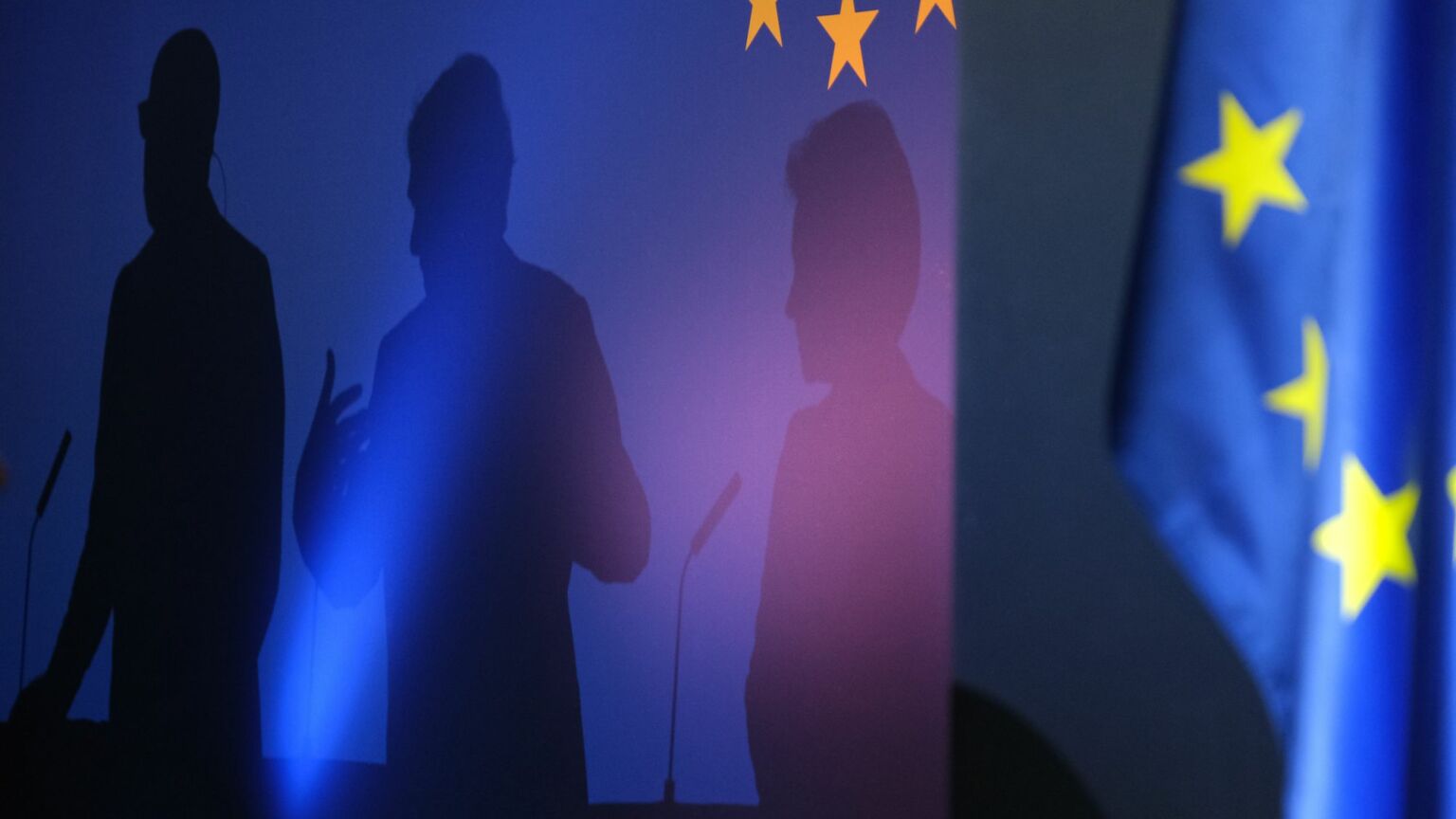
The European Union is currently considering a contentious law known as the chat control law, which aims to combat child sex abuse material (CSAM) by mandating the scanning of encrypted messages.
This proposal has ignited a fierce debate over privacy and security, drawing criticism from digital rights activists and organizations who argue that it undermines the integrity of end-to-end encryption. This form of encryption ensures that messages can only be read by the sender and recipient, not even by the platform facilitating the communication or government authorities.
Chat Control Law’s Historical Changes
The chat control law was first introduced in 2022, and it has undergone several revisions.
In November, the European Parliament’s Civil Liberties committee voted to exclude proposals that would allow mass scanning of encrypted messages—a feature present in earlier drafts of the legislation.
Despite these modifications, recent updates to the law suggest a return to practices that could potentially breach privacy through what is termed “upload moderation.” This system would involve the mass scanning of all messages, including those that are encrypted, and could extend to links, photos, and videos shared online.
The Challenge of Balancing Privacy and Security
The rationale behind the proposed law, as noted in a report from The Verge, is to prevent encrypted services from becoming “secure zones” where illicit materials, such as CSAM, could be exchanged without consequence.
However, this intention clashes with the principle of maintaining robust cybersecurity and user privacy. The scanning technology required by the law would effectively break the encryption, exposing users’ private communications.
Strong Opposition from Digital Rights Groups
In response, a coalition of digital rights groups, including the Center for Democracy and Technology, the Internet Freedom Foundation, and Mozilla, along with several others, have published a joint statement calling on the EU Council to reject any measures that would compromise end-to-end encryption. They argue that such actions would set a dangerous precedent that could be exploited by authoritarian governments to suppress privacy and civil liberties.
Additionally, Meredith Whittaker, president of the encrypted messaging app Signal, has openly criticized the chat control law. She warned that Signal would withdraw its services from the EU if the law is enacted, suggesting that the term “upload moderation” is merely a rebranding of invasive surveillance tactics. Whittaker’s statement was further amplified in a post on Mastodon, where she reiterated her opposition to the law.
The proposed law has also prompted opposition within the European Parliament itself. Dozens of members have signed an open letter condemning the law, highlighting the risks it poses to cybersecurity and its potential to serve as a model for repressive regimes to undermine digital security.
With the EU Council scheduled to vote on this critical issue on Thursday, the outcome will significantly impact not only the privacy rights of EU citizens but also set a precedent for how governments balance digital safety with personal privacy rights.
Related News:
Featured Image courtesy of Sean Gallup/Getty Images
